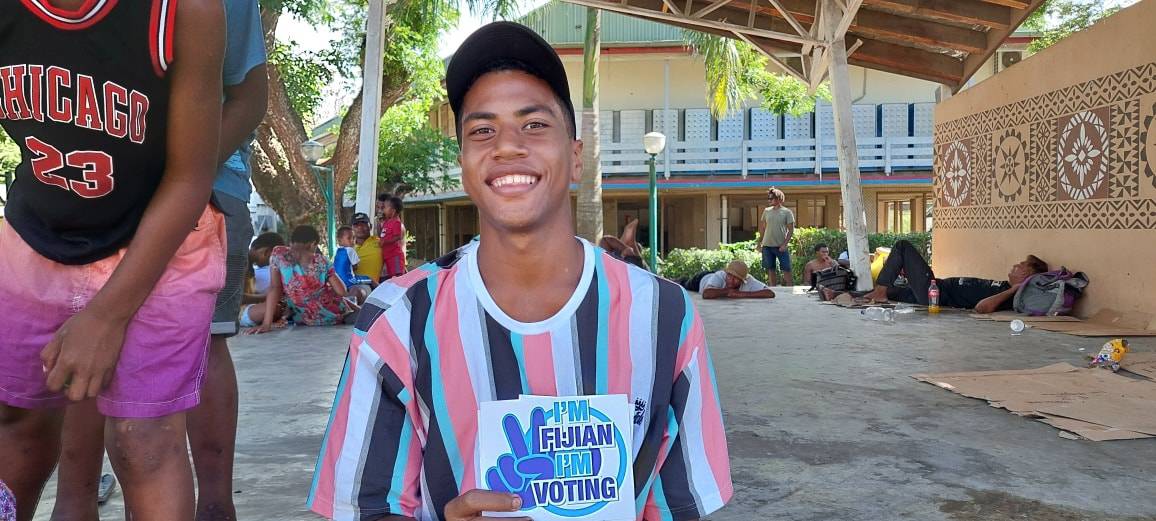Young voters again have the opportunity to determine the result of Fiji’s election and the direction of the country in December, but many feel that political parties and candidates have failed to address the issues that really matter to them.
“If they want to reach out to the youth, I feel like they should have someone good in our age group, between 18 to 25, to talk to us,” says first-time voter, Mohammed.
It’s a common refrain, young people don’t see themselves reflected in the
Please Subscribe to view full content...
